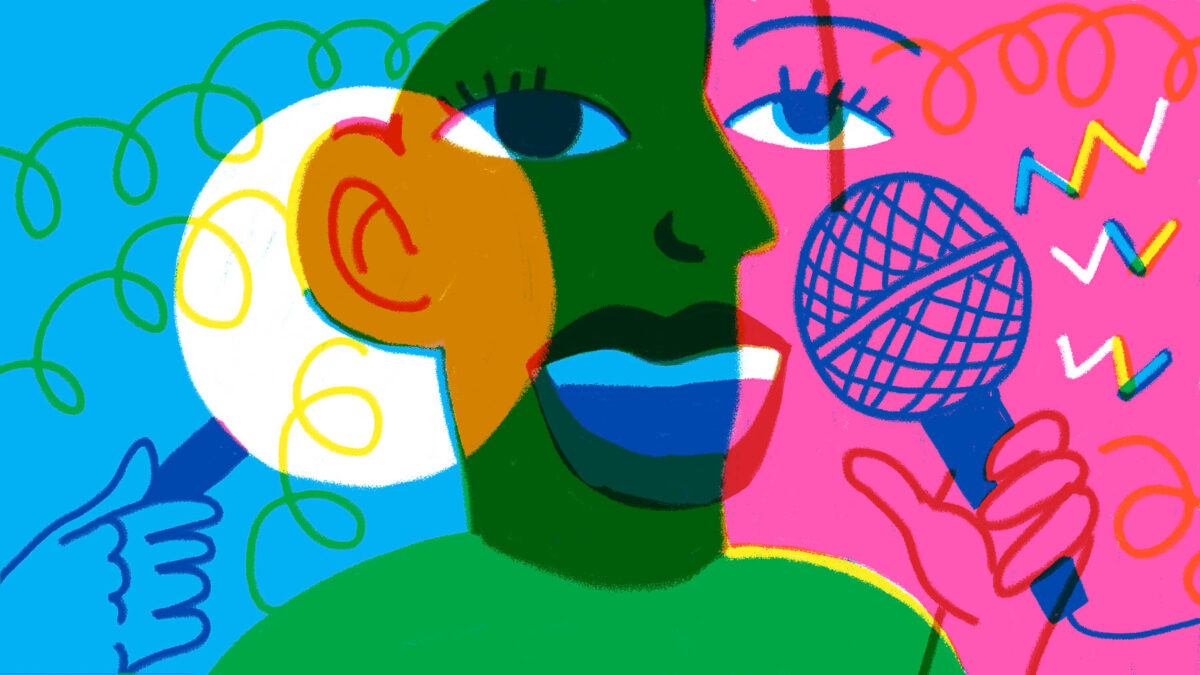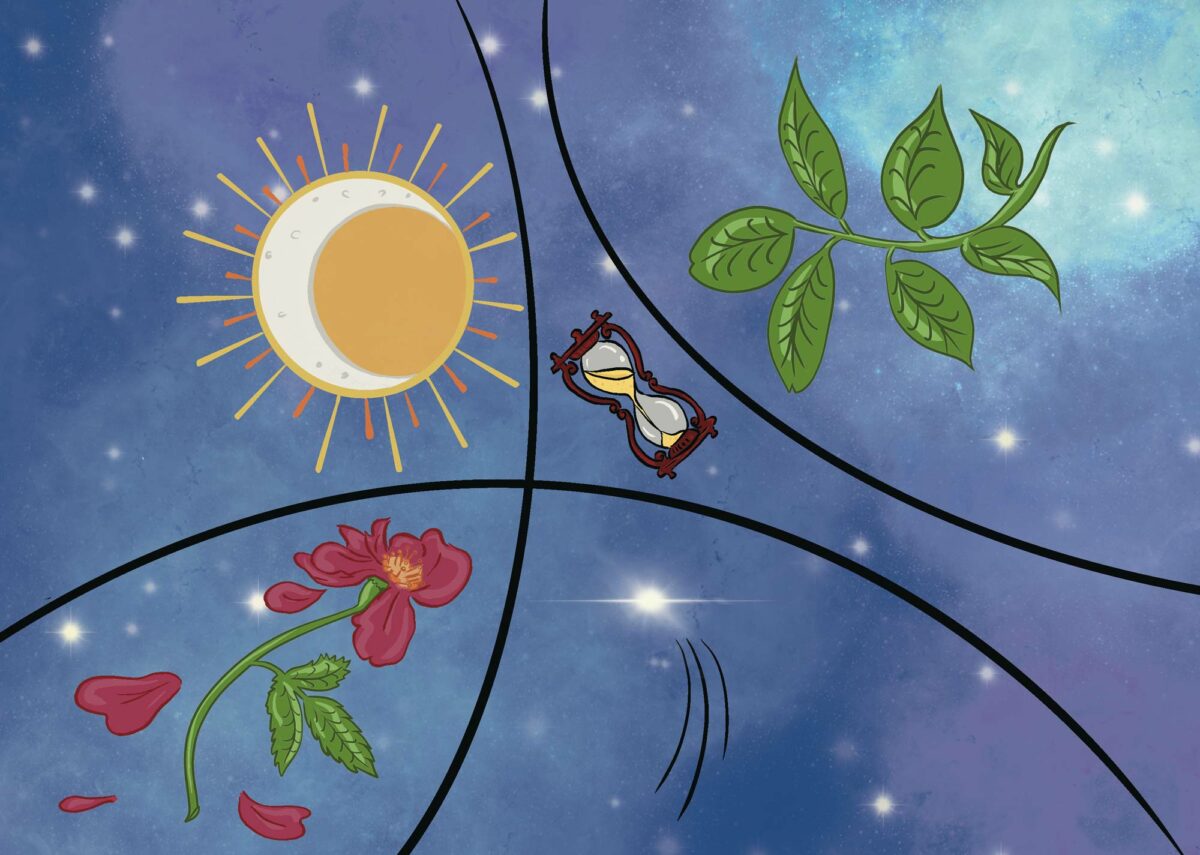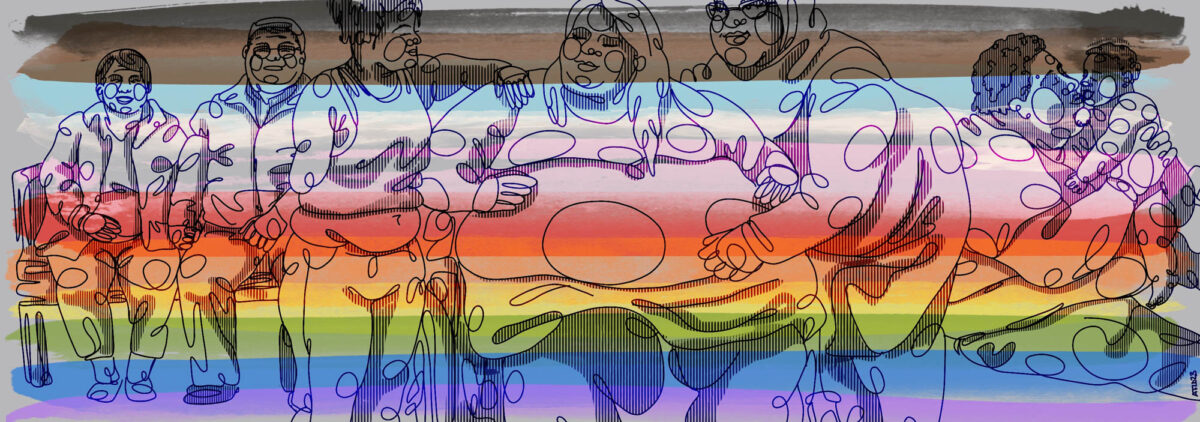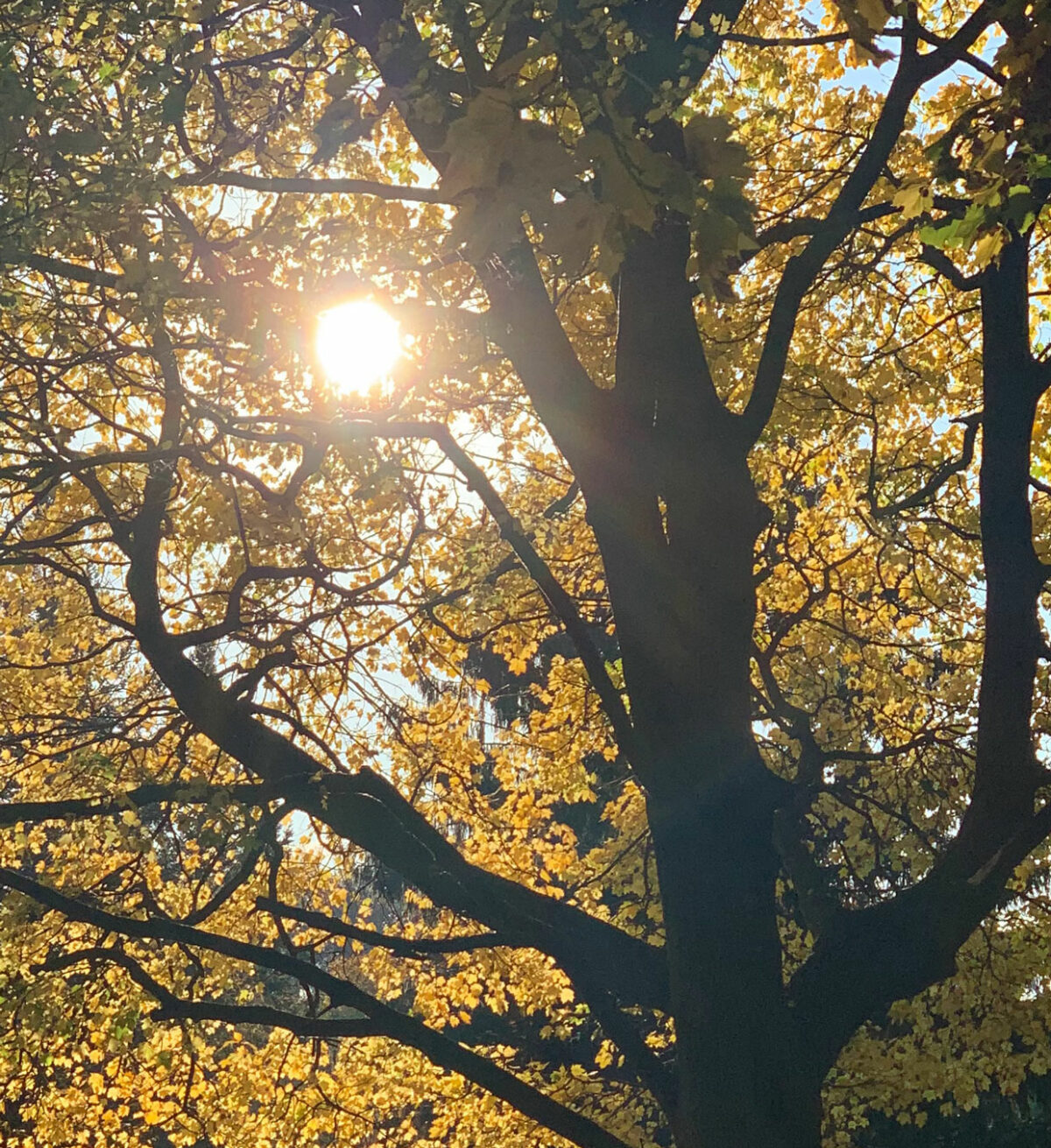Plenary Panel
Treaties as Technologies of Justice?
This plenary panel, bringing together thinkers from across the country, addresses the question of what it means to see “treaties as technologies of justice.” The historical record of Crown-Indigenous relations may suggest the contrary—that if anything, treaties have been used and abused as tools of dispossession and oppression. Panelists will discuss a range of subjects, including differences between viewing treaties as sacred relationships, as opposed to merely instruments of governance. The purpose of this panel is to present a range of perspectives that centre Indigenous laws and just inter-societal socio-legal relationships. January 26, 2018. Organized by Dr. Jen Rinaldi, University Ontario Institute of Technology (UOIT).
Featuring: Michael Coyle, University of Western Ontario; Karen Drake, Osgoode Hall Law School; Johnny Mack, University of British Columbia; and Anne Taylor, Curve Lake Cultural Centre.
Chair: Natalie Oman.
Welcome remarks featuring:
Robert Bailey, PhD, Interim President and Vice Chancellor, University of Ontario Institute of Technology; John Henry, Mayor, City of Oshawa; Lyndsay Campbell, President, Canadian Law and Society Association.
This video was produced by Bodies in Translation: Activist Art, Technology and Access to Life.
Debwewin Sisters
The Debewin Sisters’ musical performance at the Technologies of Justice plenary panel, January 26, 2018. The Debewin Sisters are Jamie Kozlinsky, Fay Koss and Jill Thompson.
Treaties as Technologies of Justice? was a plenary panel that brought together thinkers from across the country, to address the question of what it means to see “treaties as technologies of justice.” The historical record of Crown-Indigenous relations may suggest the contrary—that if anything, treaties have been used and abused as tools of dispossession and oppression.
This video was produced by Bodies in Translation: Activist Art, Technology and Access to Life.
Not recorded: Artistic performance by Vanessa Dion Fletcher. Her autobiographical performance, entitled Níi ha Lenaapèexkweew, uses language, image, and sound to trace the impact of Indigenous and colonial laws over her.





